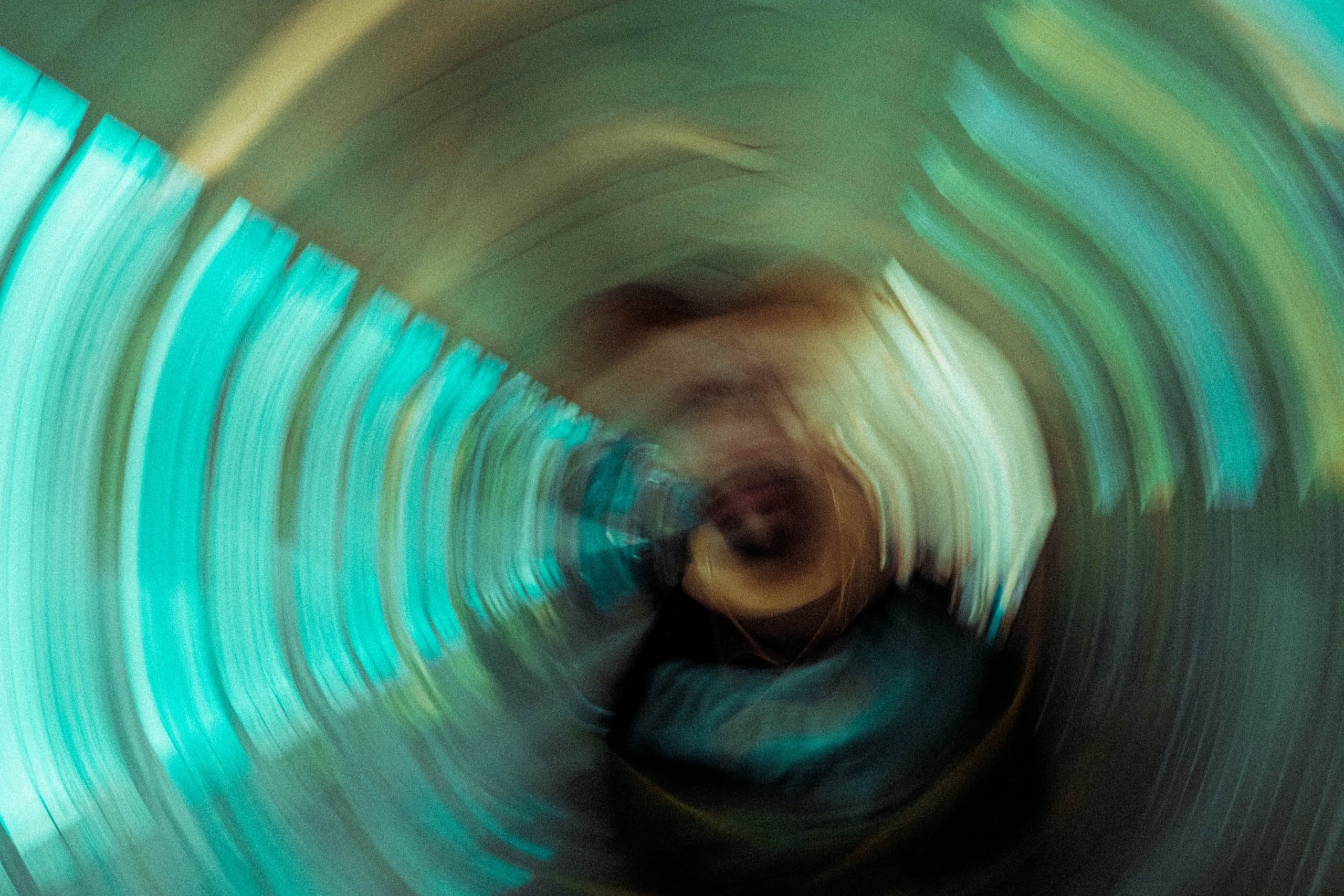Drug-induced psychosis (or substance-induced psychotic disorder) is characterized by hallucinations and/or delusions that are due to the direct effects of a substance or withdrawal from a substance. This can occur after taking too much of a certain drug, having an adverse reaction to a medication or mixing medications, or during withdrawal from a drug. Psychosis is a serious mental condition where a person “breaks from reality”, and is more often related to other mental illnesses such as schizophrenia.
Substance-induced psychosis is usually a temporary condition that ends when the drug use stops, however it can be a scary and disturbing experience. There may also be underlying substance use disorder (SUD) or other mental illnesses so if someone experiences this kind of psychosis they should seek medical treatment immediately. If you see someone who seems to be having a psychotic episode and experiencing hallucinations or delusions it is important to get professional help. Treatment can stabilize the person and address the underlying issues that led to the psychotic episode.
What can cause drug-induced psychosis?
Substances that are known to have the potential to cause drug- or substance- induced psychosis during intoxication or withdrawal include alcohol, hallucinogens, cannabis, inhalants, sedatives, muscle relaxants, antihistamines, antidepressants, cardiovascular medications, analgesics, anticonvulsants, and stimulants. In some cases psychosis can be induced nearly immediately while the person is high on the drug, or in other cases it can occur during withdrawal. In rare cases, people can experience psychosis as a side effect when taking their prescription medications as prescribed. If psychotic symptoms appear while taking prescription medications it is important to contact a person’s physician in case they need to change their medication regimen. Psychosis is more common when prescription medications are abused. For non-prescription medications, the likelihood of psychosis symptoms may vary from substance to substance so it is important to let medical professionals know what your loved one likely took, if they are experiencing an episode of psychosis.
Symptoms Associated with Drug-Induced Psychosis
The two major symptoms of drug or substance-induced psychosis are delusions and hallucinations. People can have just delusions, just hallucinations or both and they may or may not realize their hallucinations and delusions are not real.
- Hallucinations-Hallucinations are perceptions or sensations that feel very real to the person experiencing them however they are not. People often report hearing voices or sounds that aren’t there, seeing things or people that aren’t there, or even smelling and tasting things that are not real.
- Delusions-Delusions are persistent beliefs that are contrary to reality and evidence. The person truly believes in their delusion, and can get defensive or combative when told the contrary.
- Disturbed thoughts-People experiencing disturbed thoughts often have difficulty communicating their thoughts and instead speak very rapidly or nonsensically, and have difficulty stringing thoughts together.
These symptoms are different from an episode of delirium, which can also be induced by substances or drugs. The person may also appear emotionally flat and lack emotional expressions.
According to the Diagnostic and Statistical Manual of Mental Disorders (DSM-V), the diagnostic criteria for diagnosing someone with substance-induced psychotic disorder include:
- Presence of either delusions, hallucinations or both
- Evidence that the symptoms occurred during or within a month of taking a substance, substance intoxication or withdrawal
- Psychosis symptoms cannot be attributed to another underlying psychotic disorder
- Psychosis does not occur exclusively during the course of delirium
- Disturbance causes some clinically significant distress or impairment in other areas of functioning (i.e. social or professional)
While the psychosis that is caused by substances can seem similar to other mental illnesses, it is important to consult a mental health professional. In most instances, the episode is temporary or short lived and once the drug is eliminated from the body the symptoms disappear, however this can be very distressing for the person experiencing it and their loved ones. During the psychosis episode, the person could be a risk to themselves or others. Immediate treatment may involve hospitalization in order to stabilize the person and ultimately identify the underlying issues that any have led to these symptoms.
While the drug-induced psychosis may be temporary, this is likely a sign that the person may be struggling with substance use disorder. If drug use continues it is possible that the person will have another episode of psychosis. Further, it is possible that there is a co-occurring mental illness, thus it is important to address any other conditions in addition to the substance use disorder.
Rehab in Florida
If you or a loved one are struggling with substance or alcohol use, contact Genesis House. At Genesis House, addiction treatment specialists are able to work with you or your loved one to assess your situation and determine an individualized treatment plan that will suit your needs. A professional will be able to take a thorough substance use history and determine if drug or alcohol treatment is recommended and the best therapeutic course of action is warranted.










